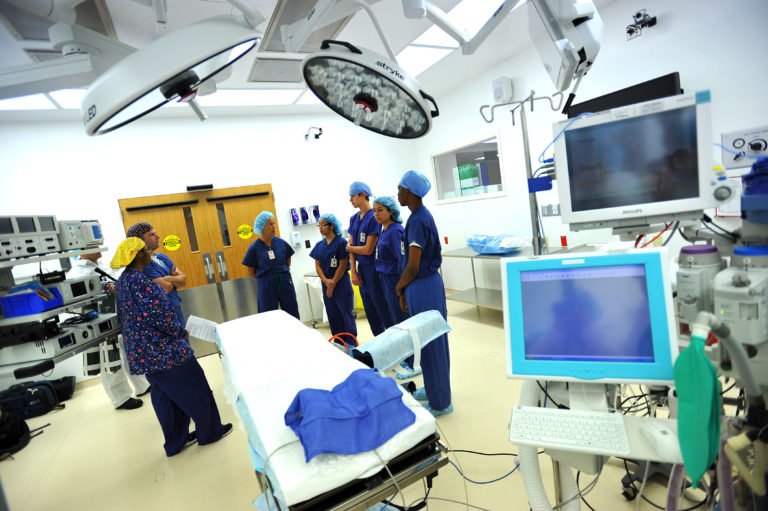What Is Your Weakness?
Answering a common but challenging interview question.
Written by: Rajani Katta and Samir Desai
Published on: July 17, 2013
Answering a common but challenging interview question.
Written by: Rajani Katta and Samir Desai
Published on: July 17, 2013
An interview with Dr. Su-Ting Li, program director of the University of California Davis pediatric residency program and Vice Chair of Education in the Department of Pediatrics.
Written by: Rajani Katta and Samir Desai
Published on: May 15, 2011

The Successful Match interviews Dr. Vicki Marx of USC Keck School of Medicine about the radiology residency selection process.
Written by: Rajani Katta and Samir Desai
Published on: October 10, 2010
The Successful Match discusses getting into an Emergency Medicine residency with Dr. Jamie Collings of the Feinberg School of Medicine at Northwestern University.
Written by: Rajani Katta and Samir Desai
Published on: August 25, 2010

What does it take to make a successful match to Obstetrics and Gynecology? An interview with Dr. Eugene Toy, residency program director at The Methodist Hospital in Houston, TX.
Written by: Rajani Katta and Samir Desai
Published on: May 30, 2010

It's residency interview season. Learn strategies for residency interview success from the authors of The Successful Match.
Written by: Rajani Katta and Samir Desai
Published on: November 1, 2009
Competition is tough for dermatology residency positions. Learn how to shine in an interview with University of Pennsylvania dermatology residency director Dr. William James.
Written by: Rajani Katta and Samir Desai
Published on: October 18, 2009
Ophthalmology is one of the most competitive specialties. Learn what it takes to successfully match in this interview with Dr. Andrew Lee.
Written by: Rajani Katta and Samir Desai
Published on: August 2, 2009
An interview with Dr. Marianne Green, an expert on the views of program directors and the relative importance of residency selection criteria.
Written by: Rajani Katta and Samir Desai
Published on: May 10, 2009
In researching our book, we asked applicants what they found most difficult about ... Read more
Written by: Rajani Katta and Samir Desai
Published on: April 2, 2008

By Rajani Katta, MD and Samir P. Desai, MD Every aspiring physician knows the importance ... Read more
Written by: Rajani Katta and Samir Desai
Published on: October 23, 2007